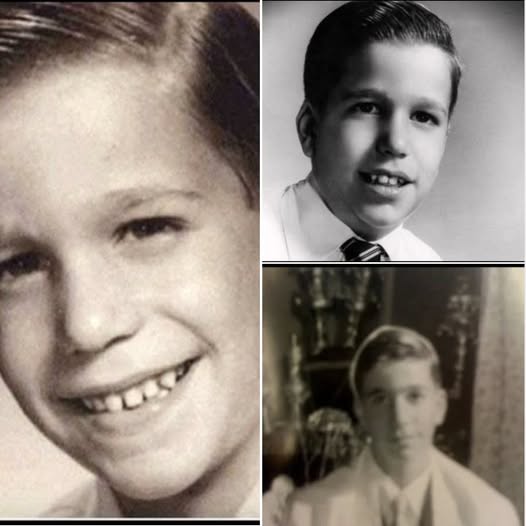But no amount of grounding or stern lectures could fix what neither he nor his parents understood. School became a daily ordeal of humiliation. Winkler missed out on dances, plays, and countless chances to enjoy being a teenager because punishment for poor grades was the norm. The emotional toll followed him long after high school.
The Actor Who Couldn’t Read His Lines
Despite his struggles, Winkler pushed forward. He made it into Yale’s prestigious drama program and eventually earned an MFA, but even there, reading continued to be a formidable barrier. Auditions, table reads, and script work all highlighted the same issue—he stumbled over words and often couldn’t process text quickly.
“You learn to negotiate with your learning challenge,” he explained years later. “I improvised. I never read anything exactly the way it was written. Memorizing was easier—if the script was well written, my brain could absorb it like a vacuum cleaner.”
When Happy Days began, Winkler’s difficulties became painfully clear during Monday morning script reads. Surrounded by fellow cast members, he struggled through each page. “I was completely embarrassed,” he admitted. Yet he found ways to adapt, leaning on his improvisational skills and memory to deliver the performances that made “Fonzie” legendary.
The Diagnosis That Changed Everything
The breakthrough didn’t come until Winkler was already a successful actor. In his early thirties, his stepson was evaluated for a learning disability. During the process, Winkler recognized himself in the descriptions and sought his own evaluation.
“I was 31 when I learned I had dyslexia,” he said. “That was the first time I realized there was a name for what I had been going through all those years.”
The diagnosis was both a relief and a source of anger. He suddenly understood why school had been such a battlefield, but he also carried resentment over how misunderstood he had been. “All the arguments in my house, all the punishments, all of it was for nothing,” he said. “It wasn’t laziness—it was dyslexia.”
Turning Anger Into Advocacy
Instead of letting bitterness take over, Winkler decided to channel his energy into advocacy. Partnering with author Lin Oliver, he co-created the Hank Zipzer series—a collection of children’s books about a boy with dyslexia. The stories mirrored his own experiences and gave kids characters they could identify with.
The series struck a chord with young readers. For many, Hank Zipzer became the first character who validated what it felt like to struggle in school but still dream big. Winkler took this responsibility seriously, responding personally to letters from children.
“In every letter I write back, I tell them: ‘Your learning challenge will not stop you from meeting your dream. Only you can stop yourself.’”
Redefining Success
While Winkler’s acting career has been celebrated with awards and acclaim—including Emmys and Golden Globes—he often says that his proudest accomplishment outside of his family is the success of his books. For him, helping children see beyond their challenges means more than the applause of an audience.
He has also continued to speak publicly about his struggles with reading and writing, even acknowledging that, despite years of practice, reading still doesn’t come easily. His openness breaks down stigma and reminds people that intelligence isn’t defined by academic performance.
Lessons in Resilience
Henry Winkler’s story carries several powerful takeaways:
Hidden challenges have names. A diagnosis, even late in life, can bring clarity and allow someone to reframe decades of difficulty.
Adaptation is a form of strength. Winkler learned to use memorization, improvisation, and preparation as tools to overcome barriers that others took for granted.
Representation matters. Through Hank Zipzer, children with dyslexia and similar struggles see themselves reflected in literature—and learn that their challenges don’t have to define their future.
Legacy beyond Hollywood. Though beloved for “The Fonz,” Winkler measures his deepest pride in the hope he has given to children who felt as lost as he once did.
Continuing the Mission
In recent years, Winkler has remained active as both an actor and writer. A memoir released in 2024 candidly explored his lifelong relationship with dyslexia, his family’s misconceptions, and his career in Hollywood. Even now, at 79, he remains committed to encouraging children who feel “less than” because of how they learn.
“I didn’t read a book until I was 31,” he says. “Now I’ve written dozens. That’s proof that nothing—not even dyslexia—can keep you from building the life you want.”
Henry Winkler’s journey shows that a learning disability does not define a person’s potential. His career, his books, and his advocacy remind us that resilience, creativity, and perseverance can turn even the harshest struggles into a legacy of hope.

